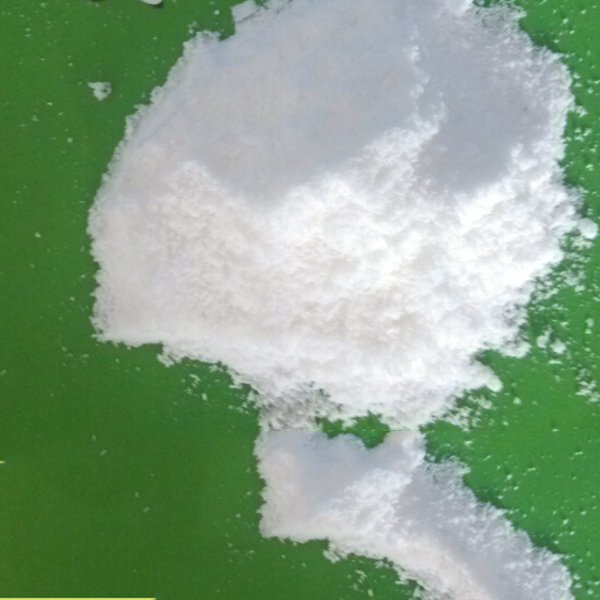
News
stu . 16, 2024 02:35 Back to list
chelating agent example
Chelating Agents Definition, Examples, and Applications
Chelating agents, also known as ligands, play a vital role in various chemical and biological processes. These compounds have the unique ability to form multiple bonds with a single metal ion, effectively grabbing and sequestering it. This property makes chelating agents significant in a range of applications, from medicine and agriculture to environmental science and industry.
One of the most common examples of a chelating agent is ethylenediaminetetraacetic acid (EDTA). EDTA is a synthetic compound that can form stable complexes with various metal ions, including calcium, magnesium, lead, and iron. Due to its ability to bind to metal ions, EDTA is widely used in several fields. In medicine, it is utilized for chelation therapy to treat heavy metal poisoning, such as lead or mercury exposure. By binding to these toxic metal ions, EDTA allows for their easier excretion from the body, thereby reducing the risk of severe health complications.
Chelating Agents Definition, Examples, and Applications
In the agricultural sector, chelating agents like deferoxamine and EDTA are used to improve nutrient availability to plants. Many essential micronutrients, such as iron and zinc, can become less soluble in soil under certain conditions, rendering them inaccessible to plants. By applying chelating agents, farmers can enhance the solubility of these nutrients, ensuring that plants can absorb them effectively. This practice is particularly advantageous in areas with alkaline or poor-quality soils, where nutrient deficiencies can hinder crop yield.
chelating agent example

In environmental science, chelating agents have important applications in soil remediation and water treatment. They can help remove heavy metals from contaminated sites by forming stable complexes that increase the mobility of these pollutants, making them easier to extract. For instance, in the cleanup of industrial sites polluted with lead or cadmium, chelating agents can facilitate the leaching of these metals from the soil, allowing for restoration and rehabilitation efforts.
In industrial applications, chelating agents are used in various processes, including metal plating, textiles, and detergents. In the metal plating industry, for example, chelating agents help control the concentration of metal ions in solutions, promoting even deposition on surfaces. In the textile industry, they are employed to achieve better dye fixation and to prevent metal ion interference during dyeing processes. Moreover, in household and industrial cleaning products, chelating agents are incorporated to enhance the efficiency of detergents by softening water and removing stubborn stains caused by metal ions.
Despite their many benefits, the use of chelating agents also raises environmental concerns. Some synthetic chelating agents, particularly those that are persistent in the environment, can lead to the mobilization of heavy metals into groundwater and waterways, causing potential ecological harm. As a result, researchers are increasingly focused on developing biodegradable and environmentally friendly alternatives.
In conclusion, chelating agents are versatile compounds that find applications across medicine, agriculture, environmental science, and industry. Their ability to bind and sequester metal ions is harnessed to improve health outcomes, enhance agricultural productivity, remediate polluted sites, and increase the effectiveness of various industrial processes. As science progresses, the exploration of sustainable and biodegradable chelating agents will be essential to ensure that the benefits of these remarkable compounds can be realized without compromising environmental integrity. Overall, chelating agents play a crucial role in modern chemistry and serve as a valuable tool in addressing some of the challenges we face today.
-
Polyaspartic Acid Salts in Agricultural Fertilizers: A Sustainable Solution
NewsJul.21,2025
-
OEM Chelating Agent Preservative Supplier & Manufacturer High-Quality Customized Solutions
NewsJul.08,2025
-
OEM Potassium Chelating Agent Manufacturer - Custom Potassium Oxalate & Citrate Solutions
NewsJul.08,2025
-
OEM Pentasodium DTPA Chelating Agent Supplier & Manufacturer High Purity & Cost-Effective Solutions
NewsJul.08,2025
-
High-Efficiency Chelated Trace Elements Fertilizer Bulk Supplier & Manufacturer Quotes
NewsJul.07,2025
-
High Quality K Formation for a Chelating Agent – Reliable Manufacturer & Supplier
NewsJul.07,2025
